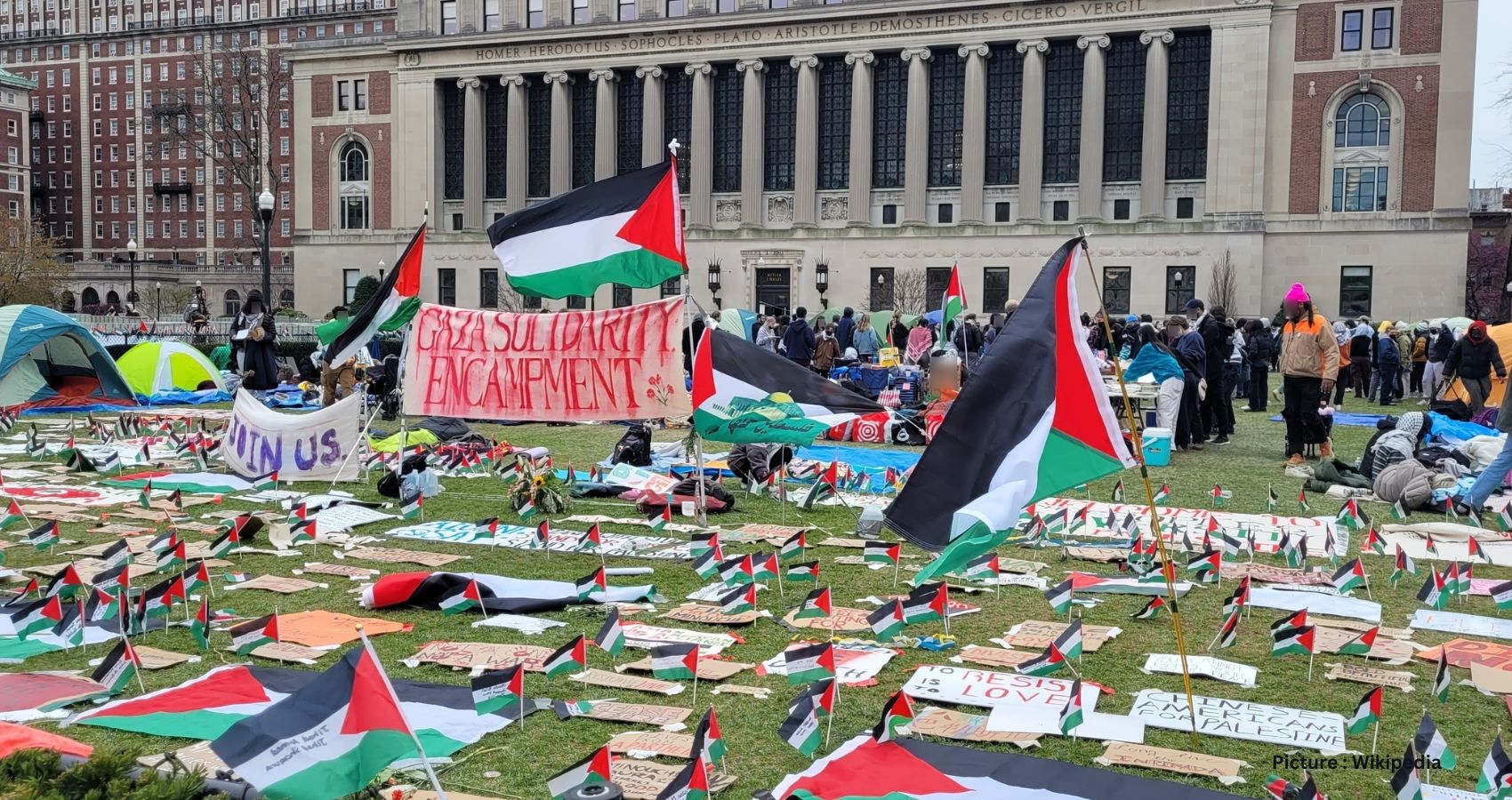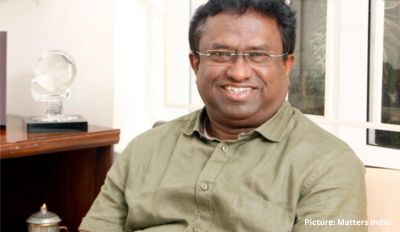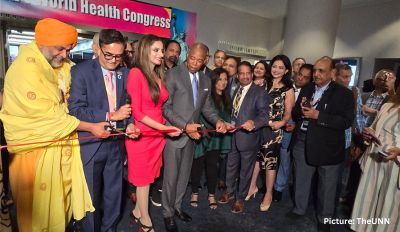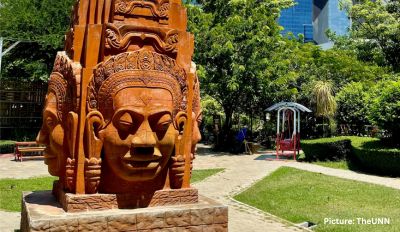Police dismantled the fortified encampment of pro-Palestinian demonstrators at the University of California, Los Angeles (UCLA) early Thursday, following the defiance of evacuation orders by hundreds of protesters. Some formed human chains as police employed flash-bangs to disperse the crowds, leading to detentions and tense confrontations. The crackdown ensued after prolonged warnings through loudspeakers. Over 1,000 individuals had congregated both within and outside the barricaded tent encampment in solidarity. The clashes echoed historic crackdowns on Vietnam War protests.
The incident garnered global attention, with live coverage by Iranian state television, Qatar’s Al Jazeera, and Israeli networks. California Highway Patrol officers, clad in protective gear, arrived en masse to the campus, facing off against demonstrators donning helmets and gas masks. The dismantling of barricades, comprised of plywood, pallets, metal fences, and dumpsters, commenced, accompanied by the removal of tents and canopies. As the morning progressed, the protester numbers dwindled, with some leaving voluntarily and others being detained.
Contrastingly, Tuesday night witnessed a tepid response from authorities as counterdemonstrators attacked the pro-Palestinian encampment, resulting in injuries and property damage. Criticism mounted over the delayed law enforcement intervention. Chancellor Gene Block pledged a review of the events, following condemnation by California Governor Gavin Newsom. The University of California system initiated an independent review, aiming to address concerns about law enforcement’s role.
Elsewhere, similar protest encampments faced police clearance or voluntary closures at various U.S. universities, including those in New York, Oregon, New Hampshire, Arizona, and Louisiana. Incidents of police intervention, such as at Columbia University and the University of Wisconsin, resulted in injuries and arrests. Amidst the unrest, some universities negotiated agreements with protest leaders to mitigate disruptions.
The protests, which commenced at Columbia University on April 17 in response to Israel’s offensive in Gaza, have spread nationwide. The movement aims to defend Palestinian rights and denounce the conflict’s toll, characterized by civilian casualties. However, allegations of antisemitism have surfaced, countered by assertions of peaceful advocacy by protest organizers, including Jewish individuals.
Since April 18, at least 38 campus protests across the U.S. have led to over 1,600 arrests, reflecting the escalating tensions surrounding the Israeli-Palestinian conflict.











